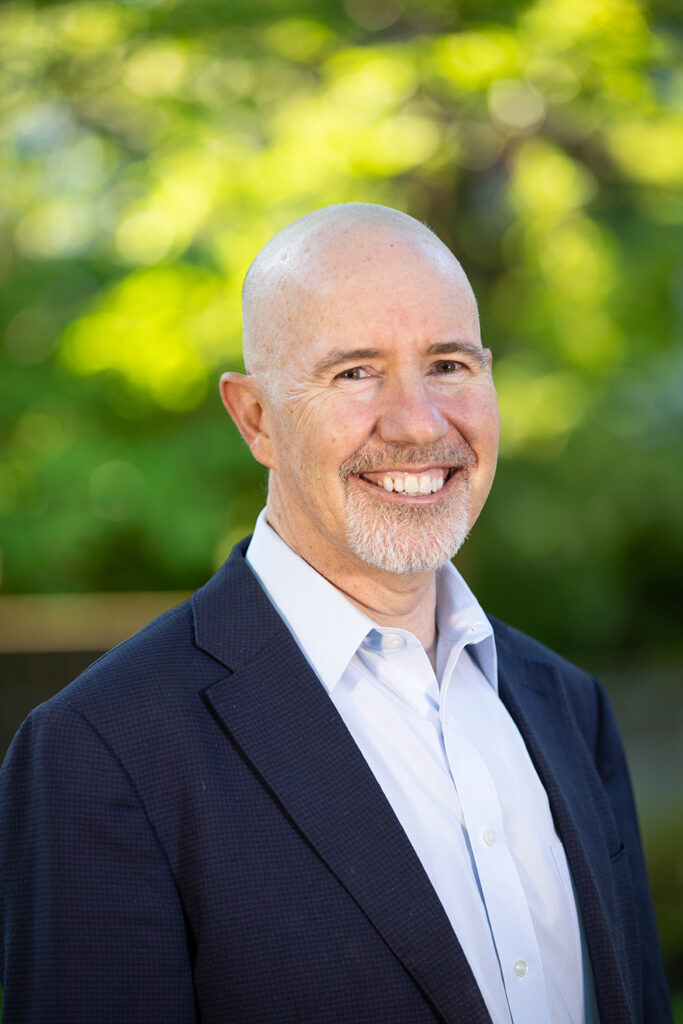Paul O’Brien has been the Executive Director at Amnesty International USA, based in Washington, D.C., since April 2021. Previously, Paul worked at Oxfam. Before he left Oxfam, he co-led their worldwide influencing network’s efforts to change government policies, corporate practice and public opinion related to pandemic response. For the previous decade, he oversaw Oxfam America’s advocacy with the US government and corporations. He has been an advisor to the President of Afghanistan, the Africa Policy Advisor for CARE, and an organizer in Nairobi’s informal urban settlements. He co-founded a community organizing institution in Kenya and a human rights research consortium in Afghanistan. He was the President of the Echoing Green Foundation, a litigator in New York for Cravath, Swaine and Moore. He has a JD from Harvard Law School and has published on power and rights for more than three decades. Before joining Amnesty, he published “Power Switch” How We Can Reverse Extreme Inequality.”
What do you think are the current challenges in the cooperation sector?
We are being outpaced by evil, and as we’ve bureaucratized, we are falling further behind. Our failure to evolve fast enough may be built into our DNA —borne from charitable, often masculine, northern white dominant roots (some would say “privileged saviorism”), we carry a lot of baggage as we struggle to move faster. Where we seek to be more relevant locally, we still struggle to counter power abusers that dangle access and legal space in front of us to keep us in line. We need to understand and talk more about how power —our power and power abusers— are experienced and evolving in our world.
How do you consider they should be faced?
The case for internationally networked advocacy groups that are set up to challenge unfettered private and public abuse of power is stronger than ever. As toxic forces interconnect more globally, so must the solidarity efforts that curtail their power. To be useful, however, we must rethink some big questions: where our money comes from, how to harness public consciousness in a shameless age, how to distribute power to our network frontiers where rights abuse happen without losing mission coherence. Transforming ourselves is hard work, but this moment in history will not forgive organizations that call for one thing and practice another.



